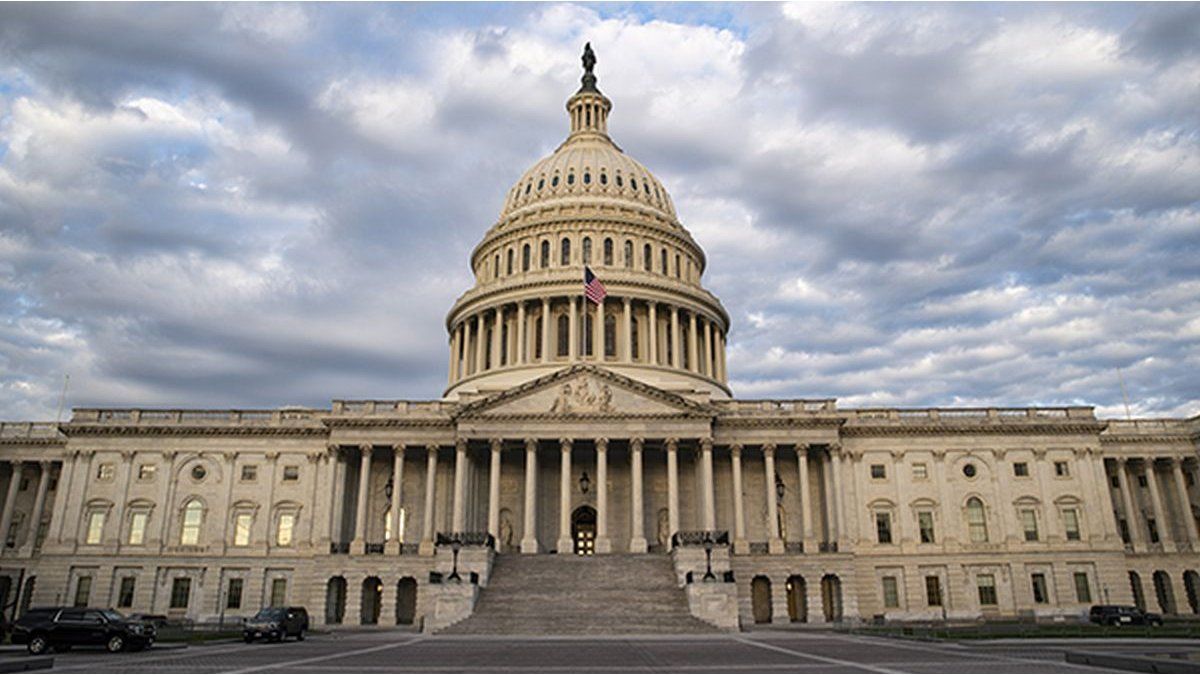Games are a billion-dollar business that has long been growing in the age of digitalization. But in the global competition, the domestic developer industry is warning of a setback.
In order to catch up in global competition, Germany’s developers of video and computer games are demanding more support from the federal government. “The federal government must act decisively – and quickly,” said the managing director of the game industry association, Felix Falk, in Berlin.
He was primarily referring to additional funding of over 33 million euros that the Bundestag Budget Committee approved in November 2023 for 2024. Surprisingly, this financial item was not docked with the Federal Ministry of Economics, which already has games funding, but rather with a separate budget with the Federal Commissioner for Culture and Media (BKM), Claudia Roth (Greens).
It is not yet possible to apply for the funding because no relevant guidelines have been published yet – so companies do not know how and when they can apply for the support. “It’s been almost half a year and there are still no signs that things can start soon,” said Falk. “Given the tense situation facing companies, this is incomprehensible.”
The industry representative referred to a study by the consulting firm Pwc, which was commissioned by the Federal Ministry of Economics and which was published in December. According to the study, a games company in Germany receives less than a quarter of the state funding than competitors in other countries, such as France. This means that international competitiveness is lacking.
Funding application stopped due to excessive demand
The existing funding program from the Federal Ministry of Economics is well received in the industry; in 2023 the budget was 70 million euros. Only around 50 million euros are available for 2024. Because games funding usually takes place over several years, the budget for this year has long been planned – there were no new applications at all this year; in May 2023, the ministry had to impose a freeze on funding applications due to high demand and limited resources. The Game association campaigned in vain to increase the annual funding budget to 125 million.
New applications could be submitted to the Ministry of Economic Affairs again in January 2025. “That would mean that companies would be thrown back to the internationally uncompetitive level of before the introduction of games funding for over a year and a half,” complains association managing director Falk.
“In an environment as dynamic as the games market, you hardly have a chance.” The developer studios in this country would have 30 percent higher costs than in other countries where the companies receive reliable funding. “We can only become a lead market with internationally comparable and predictable conditions – a goal that the federal government has set itself.”
Around 12,000 employees in the German games industry
The 33 million euro special pot for culture and media representative Roth was intended to smooth out the worry lines in the developer scene. But that hasn’t happened yet. “The Federal Ministry of Economics and the Federal Commissioner should get together and find a quick solution so that there is unified funding,” says Falk. A spokeswoman for the Federal Commissioner for Culture and Media (BKM) said that both houses were still agreeing on the structure of the games funding.
Around 12,000 people are currently employed by games developers and publishers (producers) in Germany. One of the larger companies is the German subsidiary of the French company Ubisoft, which has studios in Düsseldorf, Berlin and Mainz. The company develops, among other things, the strategy game “Anno 1800”. The action game “Hunt:Showdown” comes from Crytek from Frankfurt and the action game “Atlas Fallen” from Deck13 (also Frankfurt). “June’s Journey” by Wooga from Berlin is about criminal cases and “Goodgame Empire” by Goodgame from Berlin is about strategy tasks.
Source: Stern




